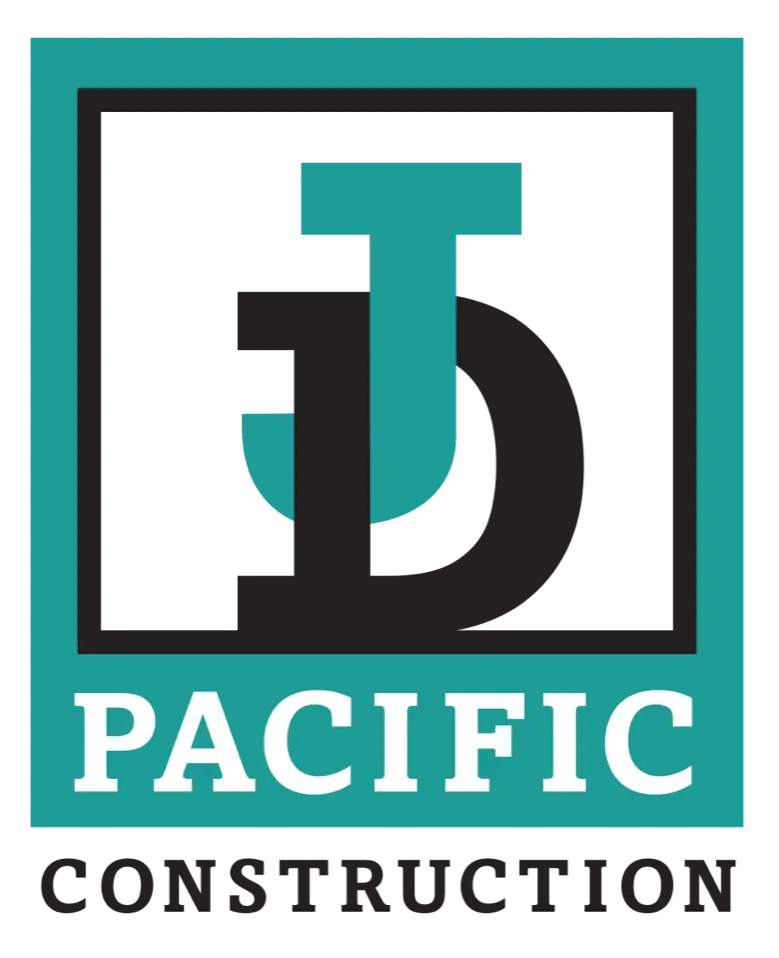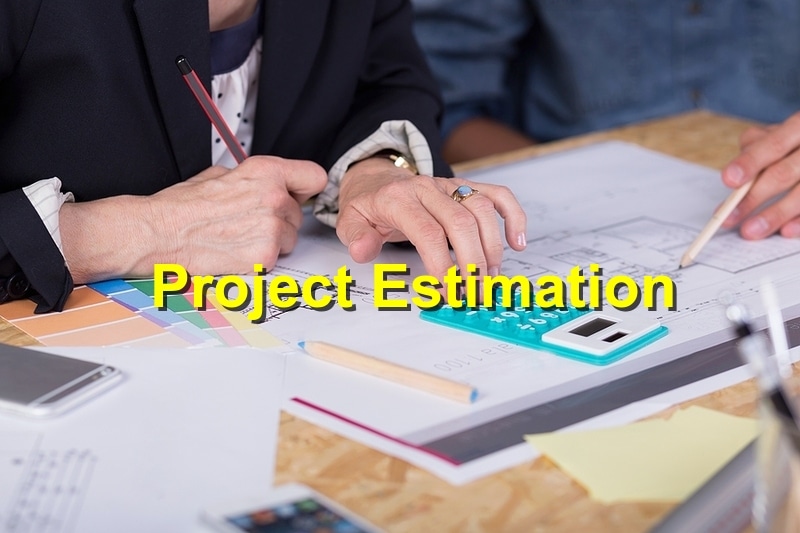Master the art of project estimation with insights into the latest techniques and best practices. Explore strategies for accurate cost estimation, risk assessment, and project scheduling to ensure successful project delivery in the dynamic construction industry:
- Advanced Estimation Techniques: Project estimation involves sophisticated techniques such as parametric estimation, analogous estimation, and bottom-up estimation. Leveraging historical data, industry benchmarks, and expert judgment, construction professionals can develop more accurate cost estimates and mitigate potential risks associated with project uncertainties.
- Integrated Cost Management: Effective project estimation goes beyond initial cost estimates to encompass comprehensive cost management throughout the project lifecycle. Integration with project scheduling, procurement, and risk management allows for proactive cost control, budget optimization, and timely decision-making to mitigate cost overruns and ensure project profitability.
- Risk Assessment and Contingency Planning: Project estimation involves identifying and assessing potential risks that may impact project costs, schedules, and outcomes. Implementing robust risk management processes, including risk identification, analysis, and mitigation strategies, enables construction teams to anticipate and address uncertainties effectively, minimizing the likelihood of project disruptions and financial losses.
- Collaborative Approach: Successful project estimation relies on collaboration and communication among project stakeholders, including owners, designers, contractors, and subcontractors. Engaging all relevant parties early in the estimation process facilitates accurate cost forecasting, alignment of project goals, and proactive problem-solving to address potential challenges and ensure project success.
- Continuous Improvement: Project estimation is an iterative process that requires continuous improvement and refinement based on lessons learned from past projects and industry trends. Embracing feedback, adopting innovative technologies, and investing in professional development enable construction professionals to enhance their estimation capabilities and deliver more accurate, reliable estimates over time.
- Software Solutions: Utilizing advanced estimation software and tools streamlines the estimation process, improves accuracy, and enhances productivity for construction teams. Integrated software platforms offer features such as database management, cost modeling, and scenario analysis, empowering users to create detailed estimates, assess project feasibility, and optimize resource allocation efficiently.
- Benchmarking and Performance Metrics: Benchmarking against industry standards and performance metrics enables construction firms to evaluate the accuracy and reliability of their estimation practices. Comparing actual project outcomes with estimated values allows for continuous performance monitoring, identification of areas for improvement, and refinement of estimation methodologies to achieve greater accuracy and consistency.
By mastering the art of estimating a project and adopting best practices, construction professionals can optimize project outcomes, minimize risks, and deliver value to clients and stakeholders. Investing in advanced estimation techniques, collaborative processes, and continuous improvement fosters success in the dynamic and competitive construction industry landscape.
References: ISUU




